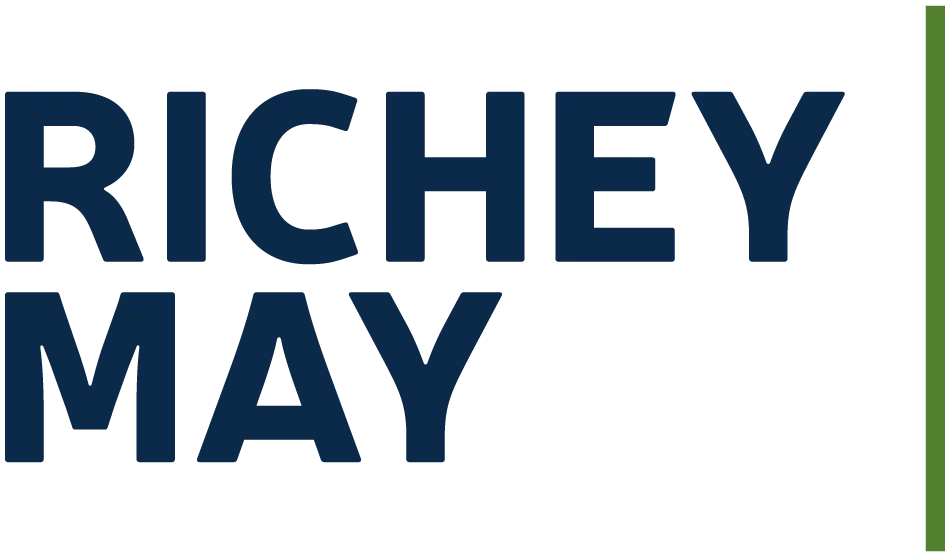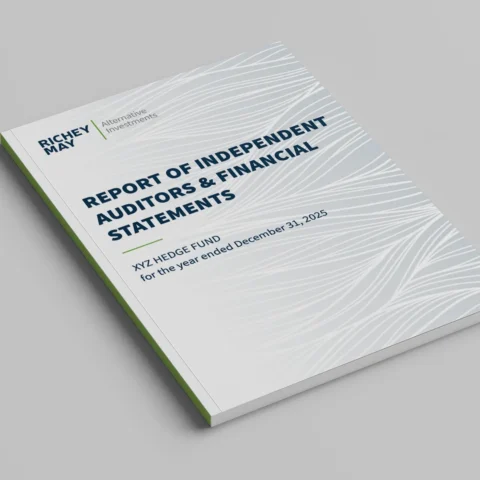June 2018 – Attention real estate investors: if you’re considering new development in qualified “Opportunity Zones,” keep reading. Under the recently passed Tax Cuts and Jobs Act, new incentives are offered for investments within certain low-income areas in major metropolitan areas across the U.S.
To provide some background, Opportunity Zones are generally located in an economically distressed, or low-income, community. Each has been nominated by the state and that nomination has been certified by the Secretary of the U.S. Treasury. Their purpose is to spur economic development and job creation in distressed communities by making it more appealing to investors to invest in such places.
A Qualified Opportunity Fund (QOF) is an investment vehicle that is set up as either a partnership or corporation for investing in eligible property that is located in an Opportunity Zone and utilizes the investor’s gains from a prior investment for funding the Opportunity Fund.
The new tax law outlines two major incentives regarding Opportunity Zones:
- The temporary deferral of inclusion in gross income for capital gains reinvested in a Qualified Opportunity Fund.
- The permanent exclusion of capital gains applies only to the appreciation in the investment in the Qualified Opportunity Fund.
Qualified Opportunity Fund
To become a Qualified Opportunity Fund and invest in eligible property located in an Opportunity Zone, you should self-certify. (In other words, no approval or action by the IRS is required.) To self-certify, you must complete a form (to be released in the summer of 2018) and attach that form to your federal income tax return for the taxable year.
There are a few important things to note about Opportunity Funds:
- Qualified Opportunity Zone business property is tangible property used in the business that is located in the opportunity zone purchased by the qualified Opportunity Zone fund after 12/31/17.
- The Opportunity Fund must hold at least 90% of its assets in qualified Opportunity Zone property. This is determined by the average percentage of qualified Opportunity Zone property held on the last day of the 6th month and the last day of the tax year. If the fund fails to meet this test, you will be subject to penalties.
- If the tangible property ceases to be qualified Opportunity Zone business property, then it will continue to be treated as qualified Opportunity Zone business property for the lesser of 1) Five years after the date on which it ceased to be qualified or 2) the date on which it is no longer held by the qualified Opportunity Zone business.
Investors in Qualified Opportunity Fund
As mentioned, a taxpayer can sell any property (capital asset or other) and any amount of that gain that is invested by the taxpayer to a Qualified Opportunity Fund shall be excluded from gross income in the year of exchange (during the 180-day period that begins on the date of such sale or exchange). There is no dollar limit on the amount of gain that can be deferred under the temporary deferral election, but just one temporary deferral election can be made.
Example #1: Let’s assume Mr. Smith sells property and realizes a gain of $500,000 on January 15, 2020. On February 15, 2020 (within the 180-day window) Mr. Smith invests $400,000 of the $500,000 gain in the QOF and Mr. Smith makes the temporary deferral election. A few weeks later, Mr. Smith invests the remaining $100,000 of the gain in the same QOF. The $100,000 is ineligible for a temporary deferral election because Mr. Smith already met the one-election limitation.
Example #2: What if the facts are the same as in the above example except that Mr. Smith initially invested the entire $500,000 gain and an additional $200,000 from his savings account into the QOF? Since the investment exceeded his $500,000 gain on sale, the investment is treated as two separate investments into the fund. The $500,000 investment is subject to the temporary deferral election. The other investment of $200,000 is not eligible for deferral, even if it is all invested into the QOF on the same day.
The one-sale-limitation might also apply to a taxpayer who sold property on an installment basis and made a temporary deferral election applicable to gain recognized in the year of sale. In that case, the one-election-limitation might prevent that taxpayer from making a second temporary deferral election with respect to the gain recognized from installment payments received in tax years after the initial temporary deferral election. Why? Because the two elections would relate to gain from the same sale, similar to example #2 above.
Benefits
In summary, here are the major benefits of investing in a Qualified Opportunity Fund:
- Gain deferral – All gains invested in the QOF may be deferred in the year the temporary deferral election is made.
- Permanent tax exclusion of 10% taxable gain for investments held five years – Investments held in the QOF for at least five years will receive a basis increase equal to 10%.
- Permanent tax exclusion of 15% taxable gain for investments held seven years – Investment held in the QOF for at least seven years will receive an additional basis increase of 5%, for a total increase of 15%.
- Permanent tax exclusion of 100% of taxable gain – A permanent exclusion from taxable income of capital gains from the sale or exchange of an investment in a qualified opportunity zone fund, if the investment is held for at least 10 years. This exclusion applies to the gains accrued from an investment in an opportunity fund, and not the original gains invested into an opportunity fund.
A few things you should know about this investment:
- It expires December 31, 2026, and no gain deferrals will be available after this date.
- Gains will be picked up into income at the earlier of the date the investment is sold or December 31, 2026.
- Therefore, on December 31, 2026, 85% of the original deferred gain will be recognized.
- However, you will recognize the lesser of the original gain or the fair market value at that date. This gives you the benefit if the investment decreases in value.
- The appreciation on the investment will not be recognized until asset is sold and if that appreciated asset is held 10 years, it will have a step up to the FMV and be tax-free.
- Planning Opportunity – need to plan for this recognition event and the cash flow needed to pay tax at this date.
Over the next few months, the Treasury Department and the Internal Revenue Service will be providing further details, including additional legal guidance, on this new incentive. Check out the IRS’s published resources on Opportunity Zones.
If you have questions about Qualified Opportunity Funds, contact the Real Estate Practice team at Richey May. We’ll share what we know about this new tax incentive and help you weigh your options if you’re considering making an investment in such an area. Contact us with any questions or reach us at 13037216131">303-721-6131.




